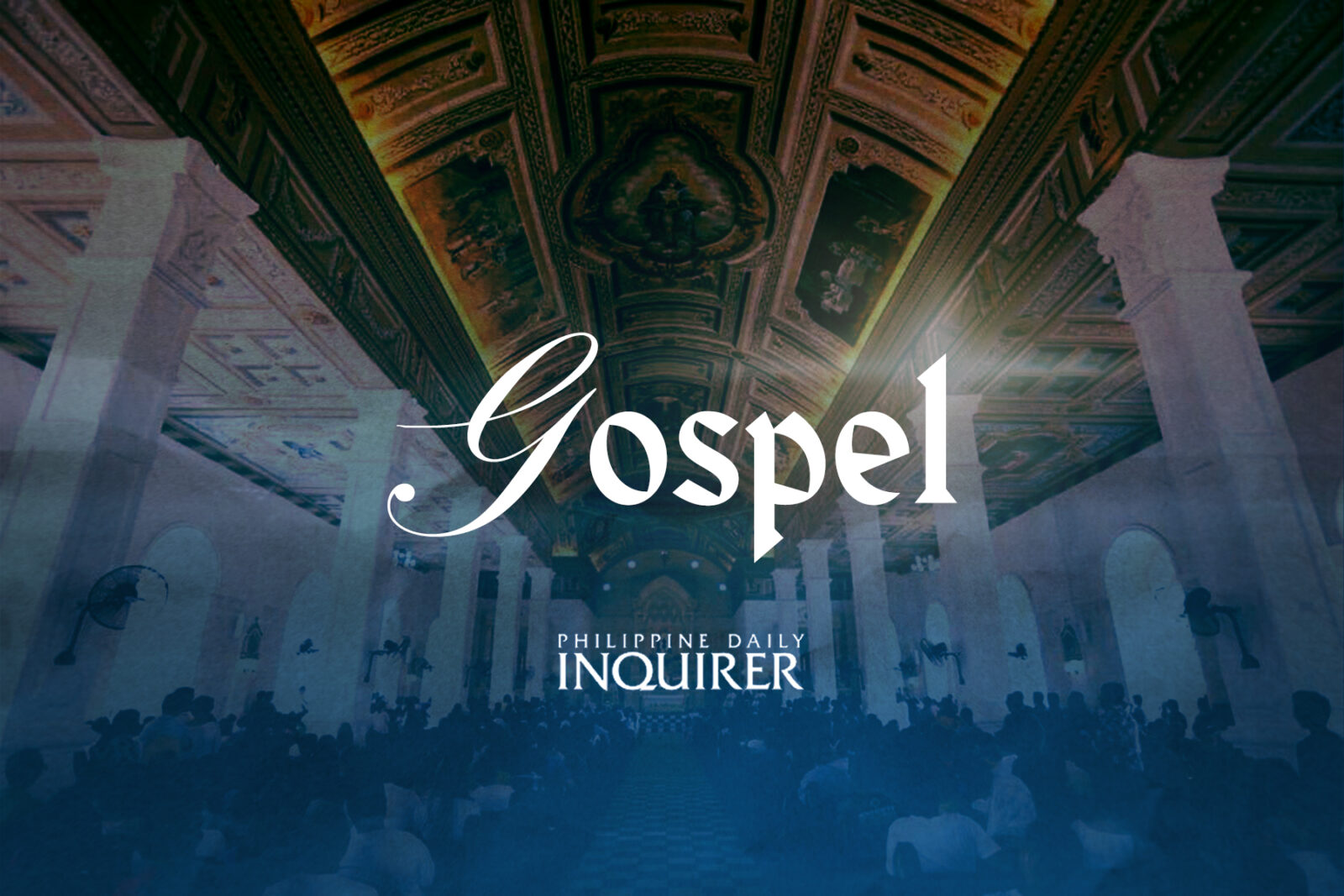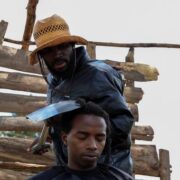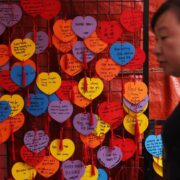Gospel: November 17 , 2025

33rd Week in Ordinary Time
Psalter: Week 1 / (White)
St. Elizabeth of Hungary, religious
Ps 119:53, 61, 134, 150, 155, 158
Give me life, O Lord, and I will do your commands.
1st Reading: 1 Maccabees 1:10-15, 41-43, 54-57, 62-63*
From their descendants there came a godless offshoot, Antiochus Epiphanes, son of king Antiochus, who had been held as hostage in Rome. He became king in the 137th year of the Greek era (in the year 175 BC).
It was then that some rebels emerged from Israel, who succeeded in winning over many people. They said, “Let us renew contact with the people around us for we had endured many misfortunes since we separated from them.”
This proposal was well-received and some eagerly went to the king.
The king authorized them to adopt the customs of the pagan nations. With his permission, they built a gymnasium in Jerusalem in the pagan style.
And as they wanted to be like the pagans in everything, they made artificial foreskins for themselves and abandoned the Holy Covenant, sinning as they pleased.
Antiochus issued a decree to his whole kingdom. All the people of his empire had to renounce their particular customs and become one people.
All the pagan nations obeyed and respected the king’s decree, and, even in Israel, many accepted the imposed cult. They offered sacrifices to idols and no longer respected the Sabbath.
In accordance with it, burnt offerings, sacrifices, and other offerings in the Sanctuary were suppressed. It also ordered that Sabbaths and sacred feasts be like ordinary days. The Sanctuary and its ministers were no longer to be regarded sacred. Instead, altars, sacred enclosures, and temples were to be dedicated to idols.
(…) On the fifteenth day of the month of Chislev, in the year 145, Antiochus erected the “abominable idol of the invaders” on the altar of the temple. Pagan altars were built throughout the whole land of Judea; incense was offered at the doors of their houses and in the squares. There wicked men tore up the books of the Law they found and burned them. They killed anyone they caught in possession of the book of the Covenant and who fulfilled the precepts of the Law, as the royal decree had ordered.
But in spite of all this, many Israelites still remained firm and determined not to eat unclean food. They preferred to die rather than to make themselves unclean with those foods (prohibited by the Law) that violated the Holy Covenant.
Gospel: Luke 18:35-43
When Jesus drew near to Jericho, a blind man was sitting by the road, begging. As he heard the crowd passing by, he inquired what was happening, and they told him that Jesus of Nazareth was going by. Then he cried out, “Jesus, Son of David, have mercy on me!”
The people in front of him scolded him. “Be quiet!” they said, but he cried out all the more, “Jesus, Son of David, have mercy on me!”
Jesus stopped, and ordered the blind man to be brought to him; and when he came near, Jesus asked him, “What do you want me to do for you?”
And the man said, “Lord, that I may see!”
Jesus said, “Receive your sight, your faith has saved you.”
At once the blind man was able to see, and he followed Jesus, giving praise to God. And all the people who were there also praised God.
Reflection:
“Almighty God opened the eyes of his soul.”
Elizabeth was a princess of Hungary who was married to Louis of Thuringia. She was widowed at an early age and so she devoted her energies to prayer and to caring for the sick at the hospital she had built. Elizabeth became a Third Order Franciscan and today she is their patron saint. During their married years, Elizabeth was already dedicated to giving alms to the poor and caring for the afflicted. Louis came to support her in her charity by witnessing miracles that showed that what Elizabeth was doing was truly God’s work.
One such miracle concerned a leper named Helias. Elizabeth had instructed that the sick man should be placed in the bed in which she and Louis slept. Louis returned to find him there and was at first scandalized, but upon pulling back the sheets, the leper appeared as Christ on the cross. In the life of Elizabeth, it is recorded that “Almighty God opened the eyes of his soul.” Christ healed the blind man who begged, “Lord that I may see!” May the Lord open the eyes of our souls, like Louis. May he open our hearts to others’ needs like Saint Elizabeth.





















